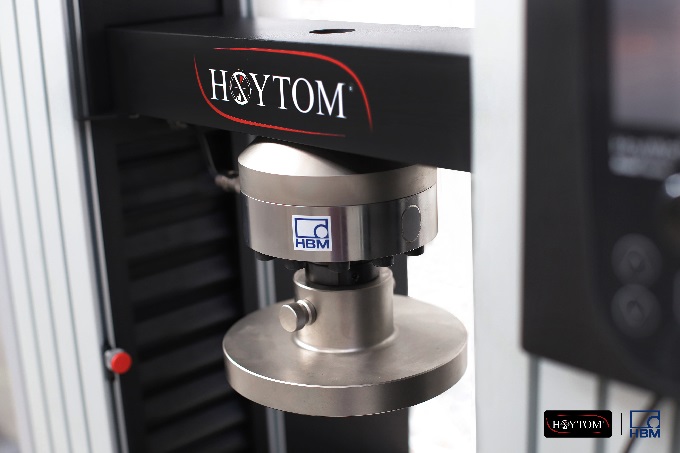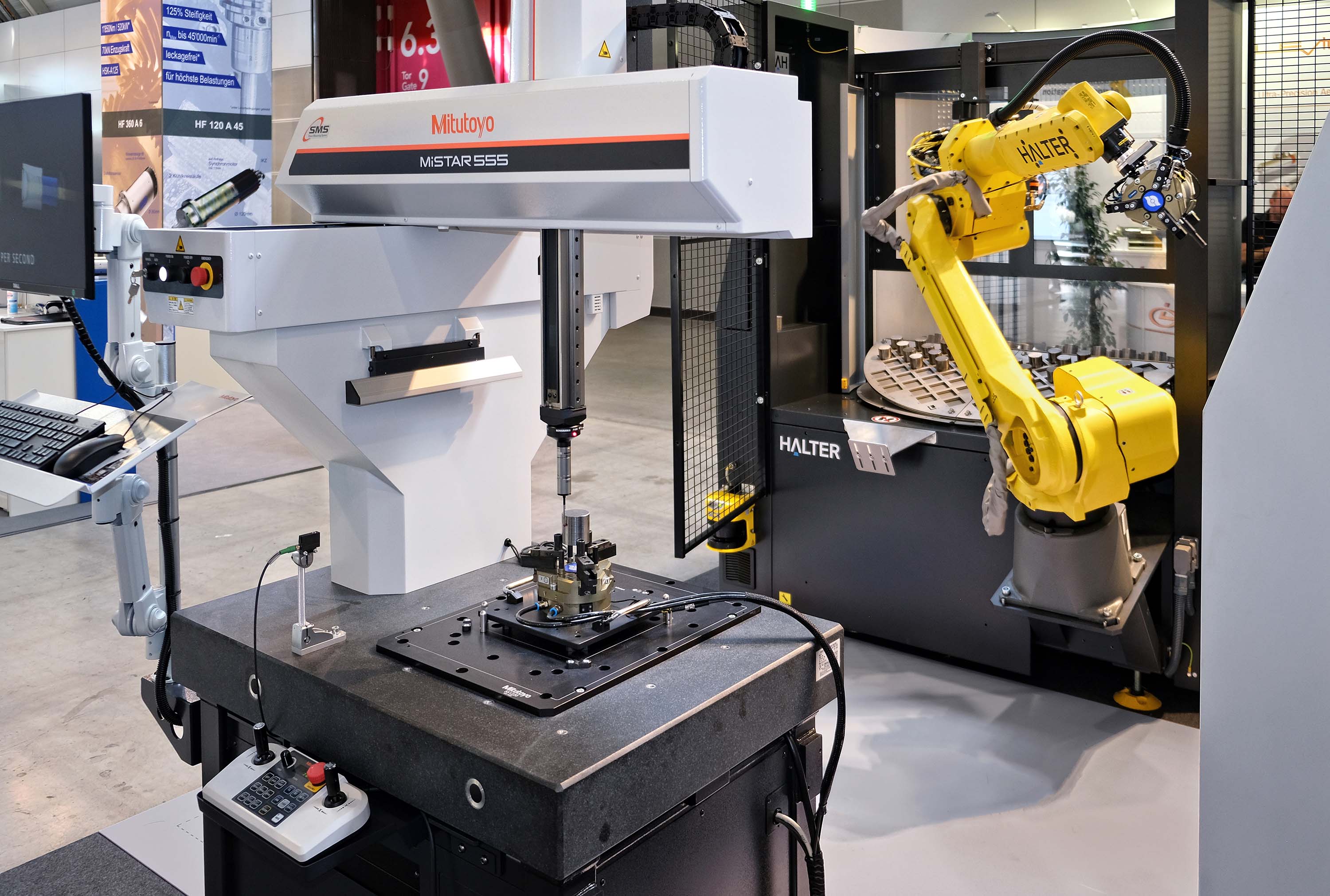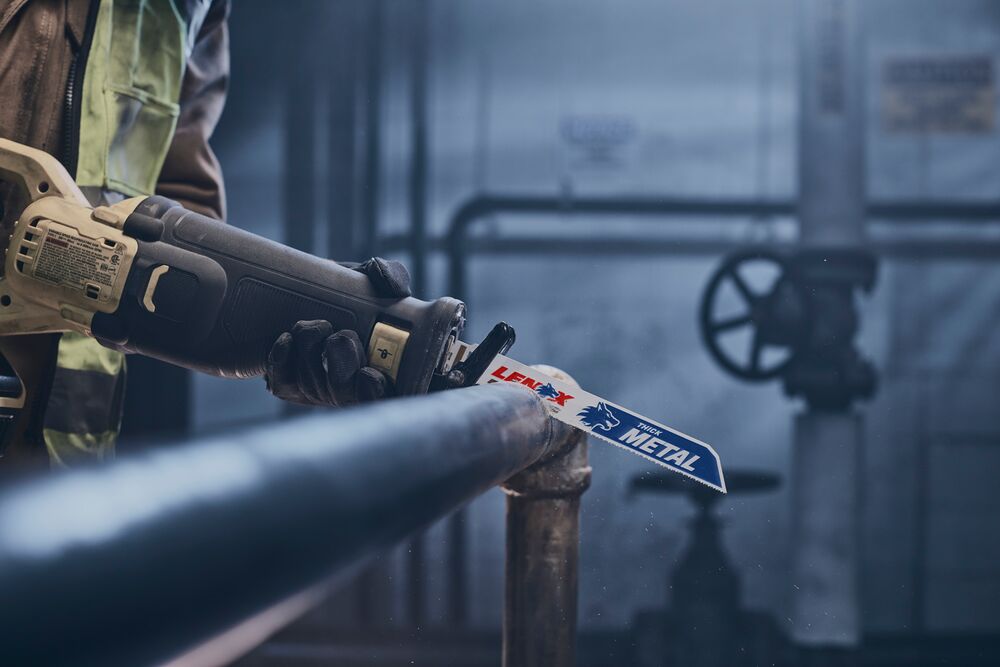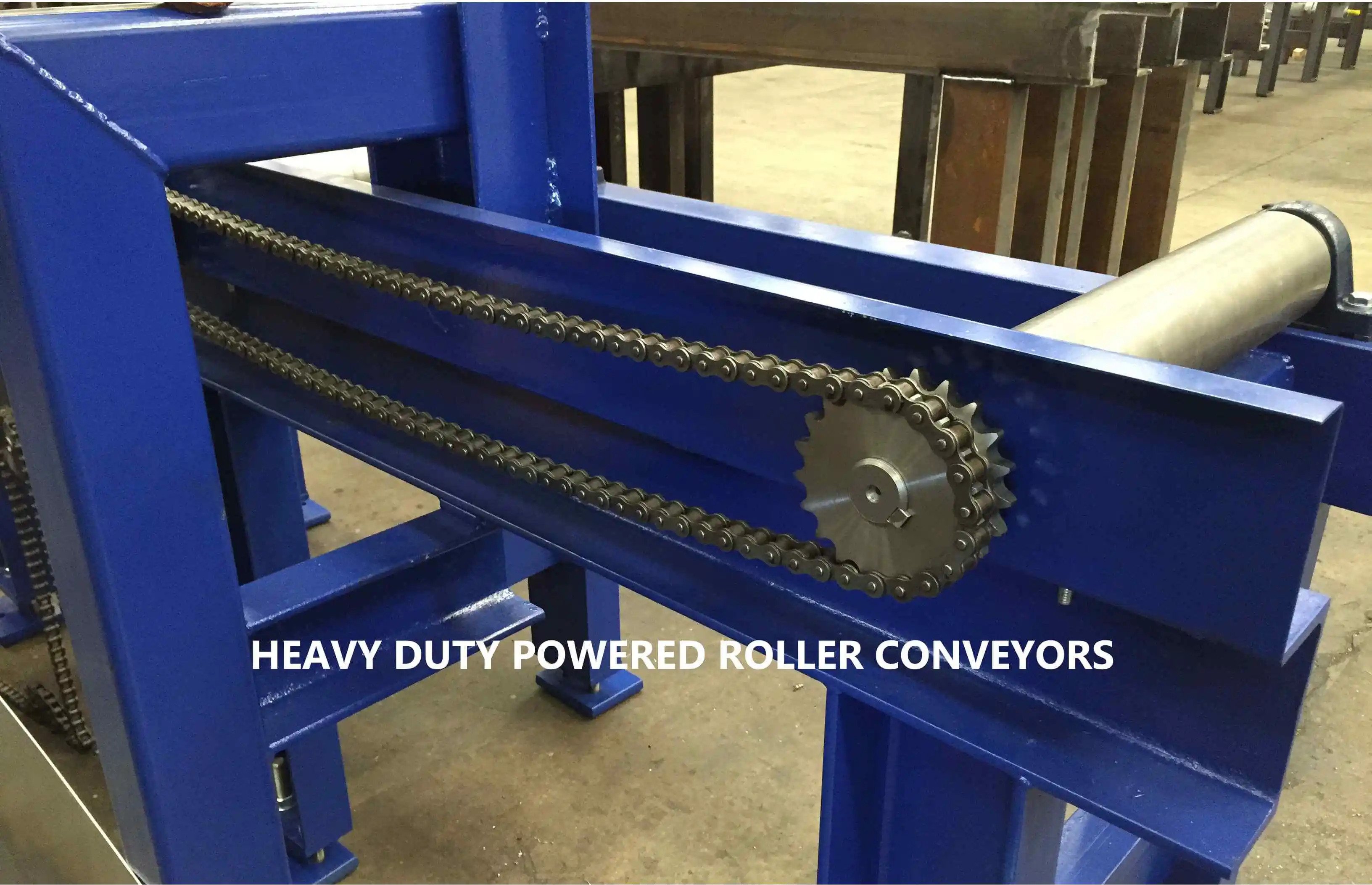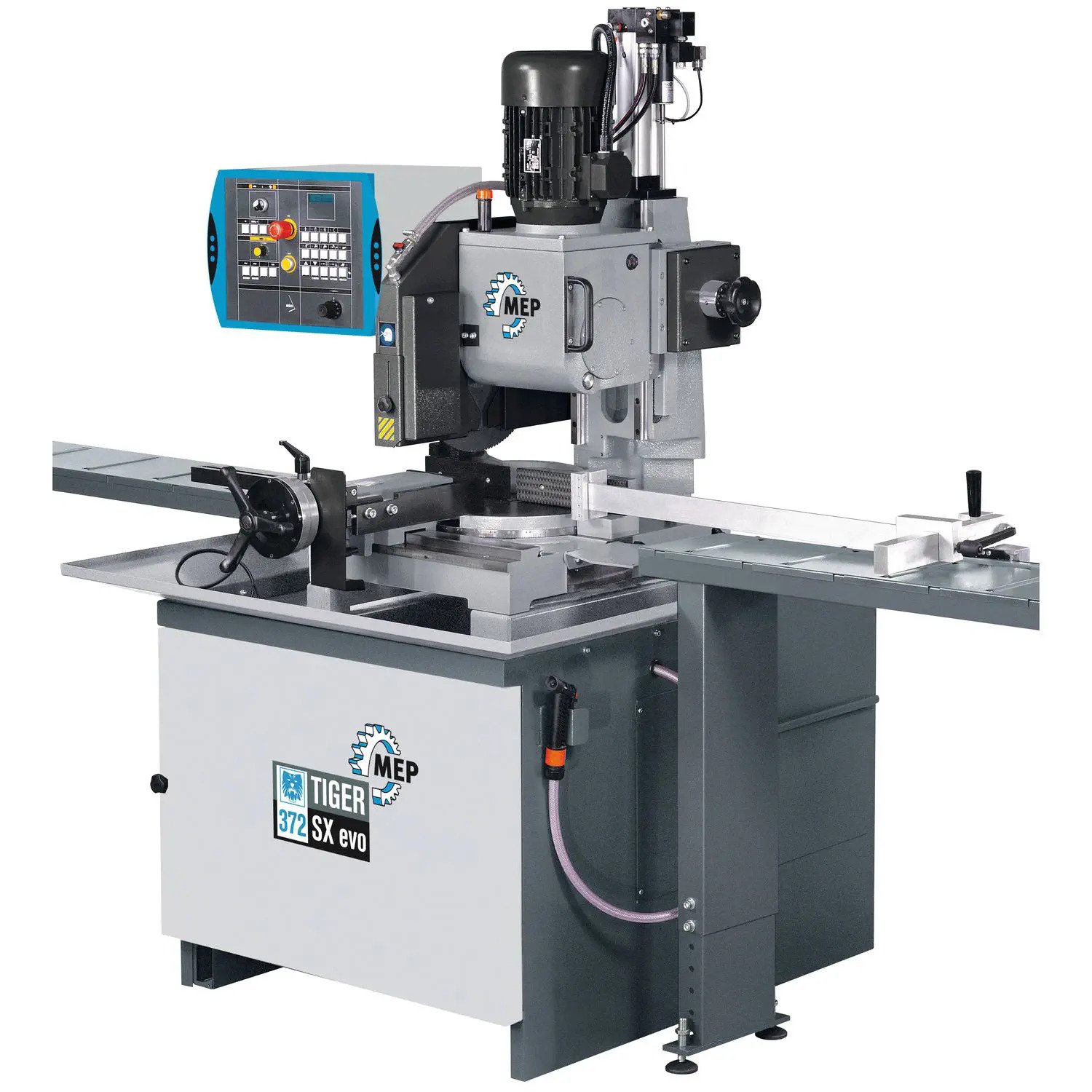Hoytom, a company that specialises in quality control equipment and electromechanical and electrohydraulic machines for material tests, is using HBK HBM load cells within its machines.
Founded in 1961, Hoytom is a Spanish company located in the Basque town of Leioa, near Bilbao, with a staff comprising experts in the field of static destructive testing, where they stretch or compress devices under test until breakage. Hoytom is a family-owned company going back three generations. Ever since the early days back in the 60s, Hoytom has acknowledged and understood that quality, drive and the best equipment are key factors to being competitive in the complex world of testing at national and international levels.
The testing machines also include hardness testers and pendulums used to determine the hardness and toughness of materials. For its universal and hardness testing machines, which carry out Rockwell and Brinell hardness tests, Hoytom always relies on HBK’s HBM brand products, namely load cells, integrating them in all of its machines. This is mainly due to the accuracy and reliability of HBM U10M force transducer, ensuring the minimum values of linearity deviation, hysteresis and reversibility error, together with a high degree of reproducibility.
Hoytom’s commitment increased in 2015, when the current management team took over. Managers were convinced that, in order to improve the machines, one of the key factors was that the load cell and HBM had to be first choice. Their previous experience backed up this decision, since HBM had a long history of supplying the company with calibration standards and calibration measurement equipment.
For further information www.hbm.com






